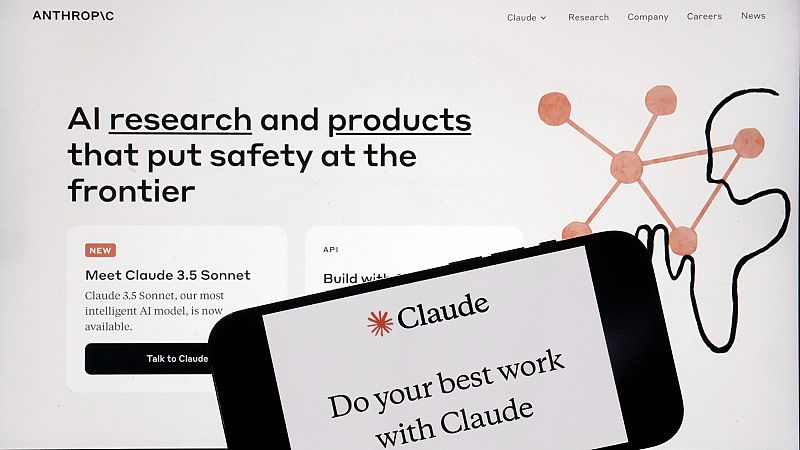
Leading tech companies won a few verdicts this week in US artificial intelligence (AI) copyright lawsuits.
Federal judges sided with Facebook parent Meta Platforms and AI company Anthropic in two separate verdicts.
The case against Meta was brought by a group of authors who accused the company of stealing their works to train its AI technology. The Anthropic case decided that the company's AI Claude didn't break copyright rules by training on millions of copyrighted books.
US District Judge Vince Chhabria found that the 13 authors who sued Meta "made the wrong arguments," so the case got thrown out - but that doesn't mean the use of copyright materials is lawful.
In his 40-page ruling, Chhabria repeatedly said Meta and other AI companies have turned into serial copyright infringers as they train their technology on books and other works created by humans.
“This ruling does not stand for the proposition that Meta’s use of copyrighted materials to train its language models is lawful,” Chhabria wrote.
Earlier this week, US District Judge William Alsup ruled that Anthropic didn’t break the law but the company must still go to trial because it obtained those books from pirate websites instead of buying them.
But the actual process of an AI system distilling from thousands of written works to be able to produce its own passages of text qualified as “fair use” under US copyright law because it was “quintessentially transformative,” Alsup wrote.
Books are important sources of data needed to build large language models.
In the race to outdo each other in developing the most advanced AI chatbots, a number of tech companies have turned to online repositories of stolen books that they can get for free.







